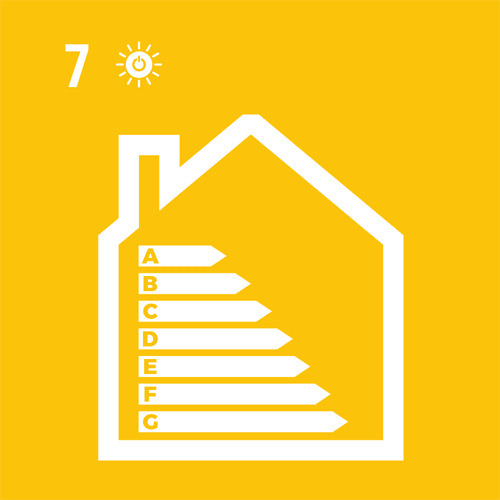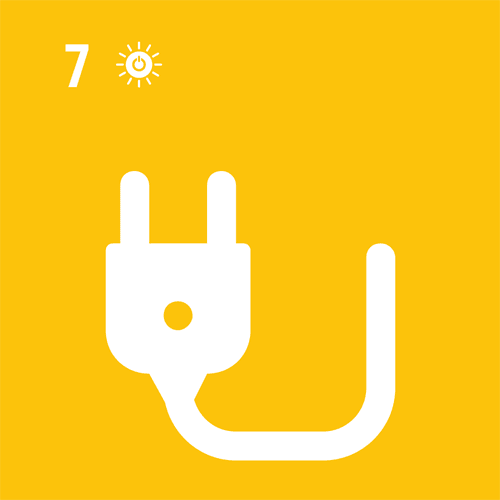Ensure access to affordable, reliable, sustainable and modern energy for all.
Every day we use fossil fuels such as oil, gas and coal in modern life, contributing to high greenhouse gas emissions. In order to reduce your ecological footprint, you should be aware of the amount of energy you consume and try to reduce your non-renewable energy consumption. Switching to renewable energy resources as consumers and consuming less are crucial to limit your negative ecological, social and economic impact.
“Fossil fuels (oil, coal, gas) contribute actively to global warming. Most of the Western countries are now totally oil dependent, which makes them very vulnerable. As the extraction will become more expensive, prices will increase, dramatically weakening our economy. The fight for the control of fossil fuels is (and will be) the cause of numerous conflicts and geopolitical situations endangering many populations. It is already the case. Nuclear energy is far too expensive and too dangerous, it consumes massive amounts of water and produces toxic waste we still do not know how to get rid of.” (demain-lefilm.com, 2014)
Students can contribute to SDG 7 by changing their energy consumption and by advocating for affordable and clean energy for all. You can empower your students to contribute to SDG 7 by teaching them to think in a systematic way and to craft “pictures” of the future in which they see the ecological, social and economic impact of their individual short term decisions related to energy consumption on a global scale and in the long term. It also requires the students’ capability to facilitate change in order to advocate for more sustainable energy resources. SDG 7 includes sub-targets related to: the increase of affordable, reliable, modern and renewable energy and access to it, clean energy research and technology services and the development of clean energy infrastructure, certainly in the least developed countries.










